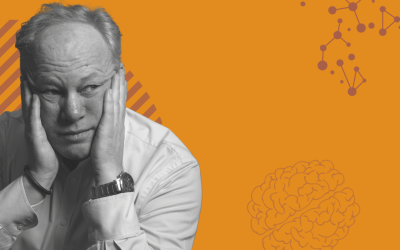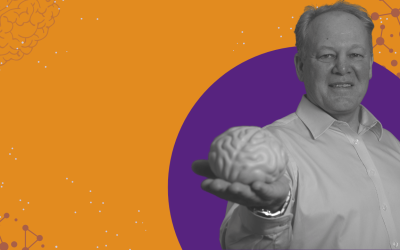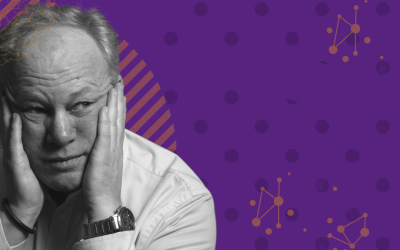The vast majority of us take our sleep for granted. With the average UK adult working 36.4 hours per week, many view sleep as little more than something that steals the few precious leisure hours we’re left with. In fact, over 7.5 million people across the UK sleep for an average of 5 hours per night, with as much as 71% of the country sleeping less than the 7 hours concordantly endorsed by medical professionals. We’re overworking ourselves and under-sleeping – an undeniably unhealthy combination.
Whilst it is often extremely tempting to exchange your sleep for an extra hour with the family or another episode of your favourite show, a lack of awareness surrounding the physical and cognitive benefits of a good night’s rest is leading us astray. In the long-term, under-sleeping has been found to correlate with adverse health struggles, including heart problems, mental health conditions, and various diseases such as dementia and diabetes. Clearly, it’s important that every working professional understands how sleep informs our brain function and health, including how this ultimately shapes our professional development.
The relationship between sleep and improved brain functionality
After even just one night of minimal to no sleep, almost all of us have experienced the groggy, disorientated feeling that plagues us the next day. This, meanwhile, has resulting impacts on our mood, behaviour, brain activity, and more. As a healthy period of sleep is vital for our brain’s ability to adapt to new inputs, without necessary sleep we are less likely to process and remember what we have learned throughout the day, as are we in a weaker physical and mental state when sleep deprived.
As a matter of fact, empirical studies have found that an individual’s ability to learn something new when not having slept the previous night could be reduced by almost 40%. So, whilst cramming the night before a big meeting might seem like a good idea, it can actually leave you much worse off.
Sleep deprivation also impacts an individual’s psychological state, as sleep is often correlated with stress and anxiety. Various studies suggest that a disrupted night’s sleep can hinder the brain’s ability to recharge itself and prepare for any emotional challenges we might encounter the next day. Maintaining a regular sleep-wake cycle counteracts this, allowing the body to rhythmically reset itself and optimise efficient brain functionality.
Develop a healthy sleep routine
An optimally healthy sleep routine begins with going to bed at the same time each night, sleeping for the recommended 7 to 8 hours per night, and waking up at a consistent time each morning. Consistency reinforces your body’s sleep-wake cycle, whilst this can also be supported by eliminating or significantly reducing naps of over an hour in length.
How sleep can help to advance your career
For lots of us, our working day doesn’t end when we leave the office. Prior to the pandemic, the Labour Force Survey found that upwards of 3 million employees across the UK worked an extra 7.7 hours per week on top of their standard working week. However, for many individuals, this often came at the expense of a good night’s sleep, with professionals working deep into the night in order to finish all their tasks ready for the next day. Whilst this may have reflected positively on their professional image, it more often than not sent individuals spiralling into a negative cycle of inefficiency on the back of sleep-deprived nights, forcing them to work even longer hours to compensate.
Without providing your body with the necessary hours of sleep it needs to rejuvenate itself, the brain’s neurons can quickly become overworked, impairing rational thinking whilst causing cognitive fatigue, mood swings, and lapses in focus – all eventually resulting in mental burnout. By getting a sufficient amount of sleep on a regular basis, you will find yourself being more productive in the workplace; sleep, workplace performance, and a healthy work/life balance exist together in a virtuous circle, so by making positive changes to your sleeping habits, you will reap countless rewards.
If your sleeping patterns are impacting your performance at work, then perhaps it is time to finally make some changes to your life. A consistent, quality night’s sleep can enhance your professional performance, not only by eliminating the aforementioned symptoms of sleep deprivation but also by helping you feel energised and motivated for the days ahead. Meanwhile, for those who feel unable to help themselves, there are various professional services available to support you along the way. For example, you could explore life coaching and/or other forms of support; as a Mindset Expert, Speaker and Author, I help business owners and employees to maximise their performance and results. We should never be afraid to ask for support.











